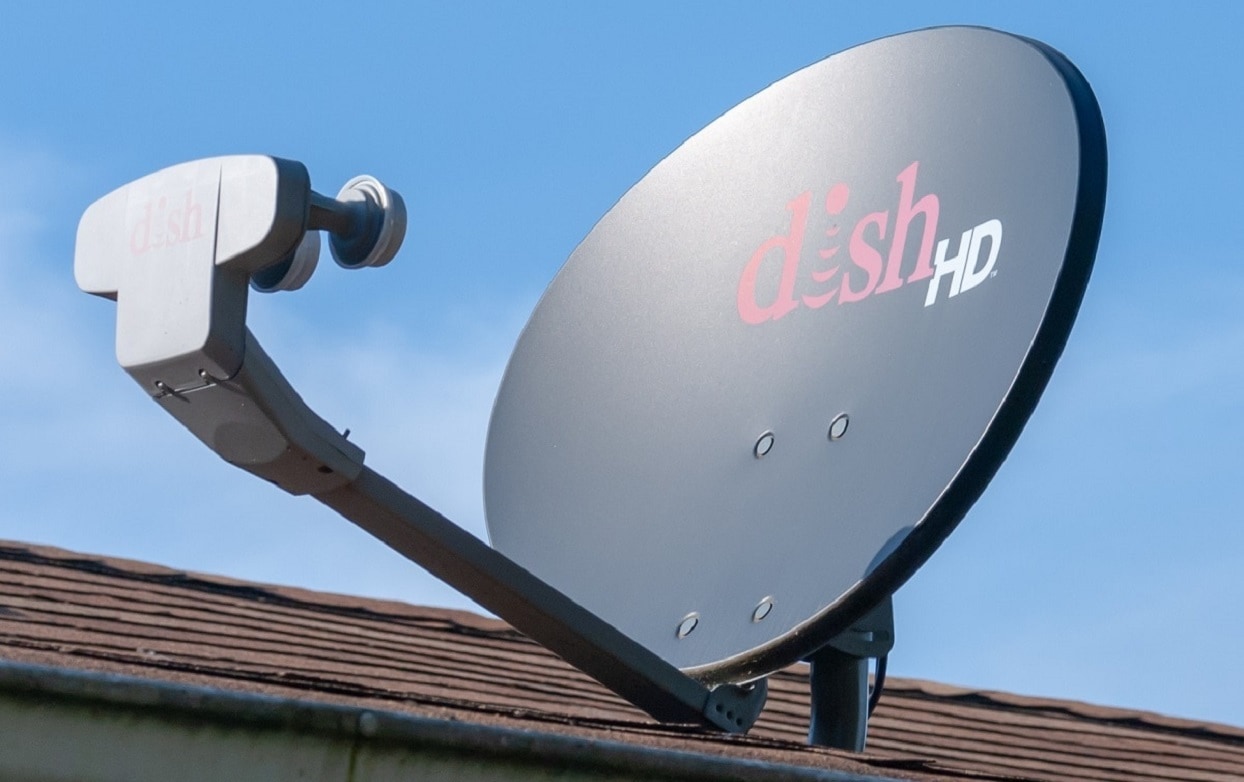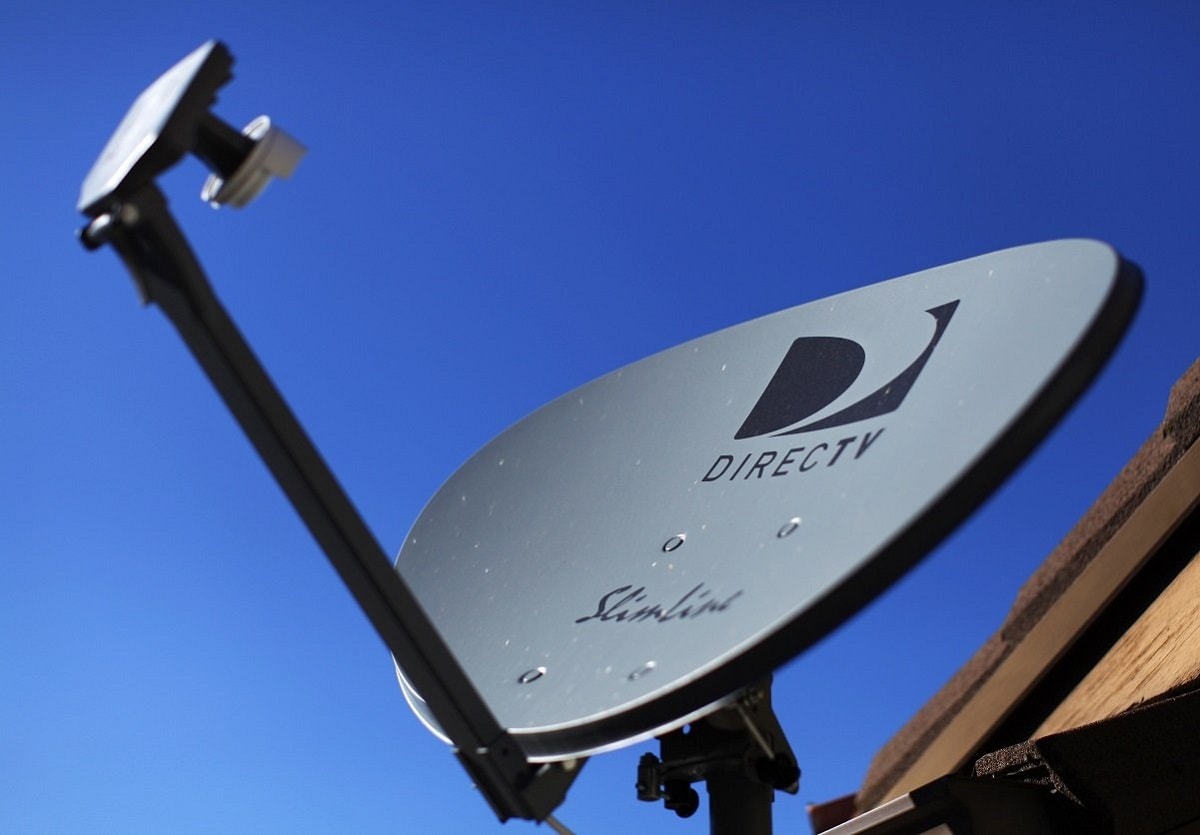Key Points and Summary: The long-anticipated merger between DirecTV and Dish Network has collapsed after bondholder resistance derailed the deal.
-Announced in September 2023, the merger was intended to create a stronger competitor in an industry dominated by streaming services.
-However, Dish’s massive debt and unfavorable terms led bondholders to reject the agreement.
The DirecTV-Dish Network Merger Is Dead—But Will It Happen Later?
DirecTV and Dish Network are the two satellite TV companies, both of which have seen declining subscriber numbers over the last decade.
The two companies have nearly merged multiple times over the last 20 years, with the FCC blocking a planned merger in 2002. More recently, Dish’s chairman Charlie Ergen, on several different earnings calls, called a merger between the two satellite companies “inevitable.”
Then, last September, DirecTV announced that it had reached an agreement to acquire the video distribution business of EchoStar, which included Dish Network and its Sling TV service. EchoStar, under the deal, would maintain the 5G business that was launched a few years ago.
The Deal: DirecTV and Dish Network
Announced on September 30 of last year, the merger was pitched to “benefit U.S. video consumers by creating a more robust competitive force in a video industry dominated by streaming services owned by large tech companies and programmers.”
The terms of the deal were for DirecTV to pay just $1 for the businesses, while also assuming their debt, which was reportedly in the billions, per CNN.
Dish would also “benefit from the releases of a substantial amount of intercompany receivables, including spectrum.”
“DIRECTV operates in a highly competitive video distribution industry,” Bill Morrow, Chief Executive Officer of DIRECTV, said in the merger announcement in September. “With greater scale, we expect a combined DIRECTV and DISH will be better able to work with programmers to realize our vision for the future of TV, which is to aggregate, curate, and distribute content tailored to customers’ interests, and to be better positioned to realize operating efficiencies while creating value for customers through additional investment.”
The announcement declared that the two satellite services had “collectively lost 63% of their satellite customers since 2016.”
Early Signs of Trouble
It soon became clear, however, that Dish Network bondholders were unhappy with the terms of the deal, enough for expectations to emerge that it would end up scuttled.
On November 21, less than two months after the announcement of the merger, DirecTV’s Morrow announced that the deal was off.
No Deal
“While we believed a combination of DIRECTV and DISH would have benefitted all stakeholders, we have terminated the transaction because the proposed Exchange Terms were necessary to protect DIRECTV’s balance sheet and our operational flexibility,” Morrow said in a press release that day.
“DIRECTV will advance our mission to aggregate, curate, and distribute content tailored to customers’ interests by pursuing innovative products and providing customers with additional choice, flexibility, and control. We are well positioned for the future with a strong balance sheet and support from our long-term partner TPG.”
After Action
A report by Fierce Wireless on November 25 looked at what happened- namely, that bondholders weren’t prepared to accept that much of a reduction of their stake.
“It was just too much of a haircut with too much of an upside for Charlie Ergen,” Recon Analytics founder Roger Entner said, per the report. “The sweetener was not sweet enough.”

Dish Network Equipment on a Residental Home. Image: Creative Commons.
The report added that analysts still expect the merger to happen eventually, although little has been reported about new developments since November.
“The key reason this deal failed is because both sides in the litigation are convinced that they will win,” New Street Research (NSR) analyst Jonathan Chaplin told investors in a note at the time. “Unfortunately, the litigation could take a while.”
About the Author: Stephen Silver
Stephen Silver is an award-winning journalist, essayist and film critic, and contributor to the Philadelphia Inquirer, the Jewish Telegraphic Agency, Broad Street Review and Splice Today. The co-founder of the Philadelphia Film Critics Circle, Stephen lives in suburban Philadelphia with his wife and two sons. For over a decade, Stephen has authored thousands of articles that focus on politics, technology, and the economy. Follow him on X (formerly Twitter) at @StephenSilver, and subscribe to his Substack newsletter.

